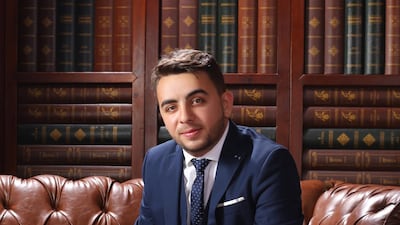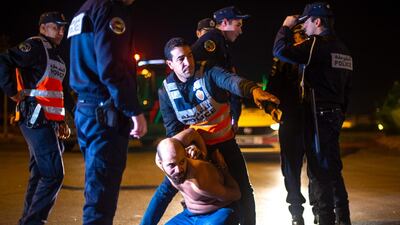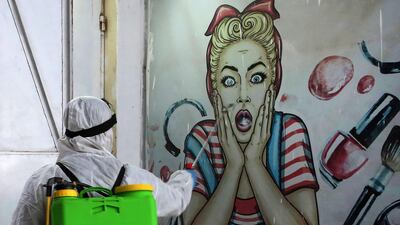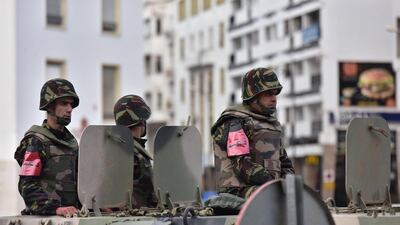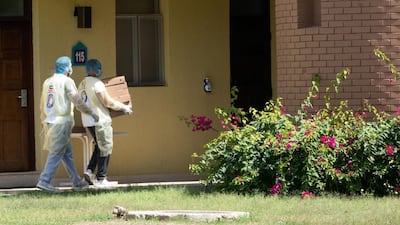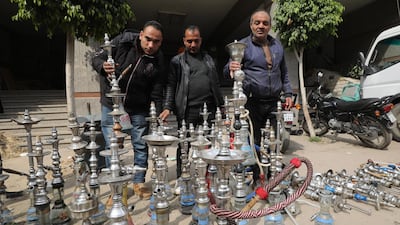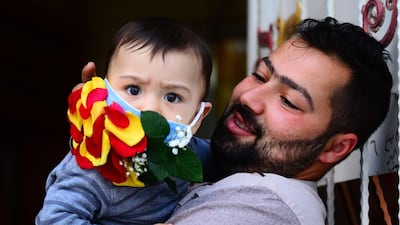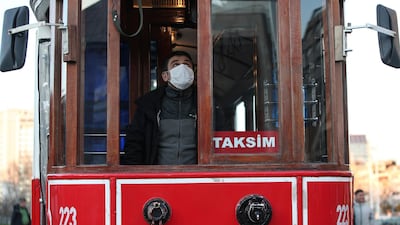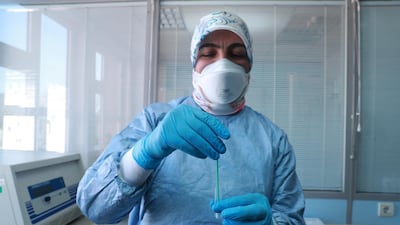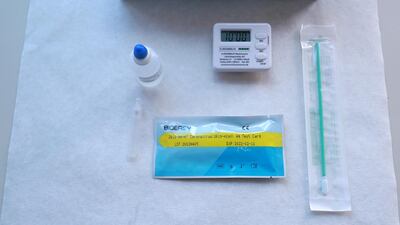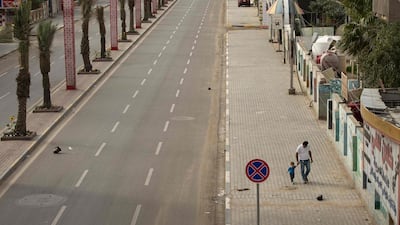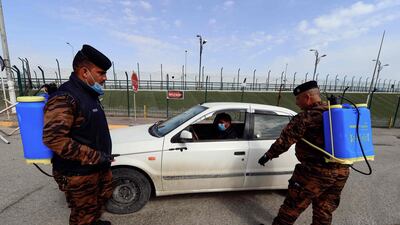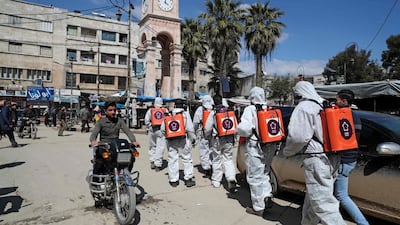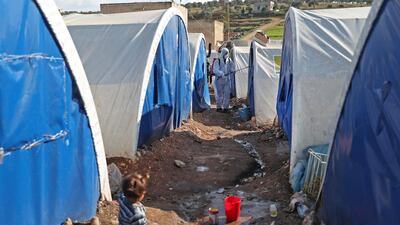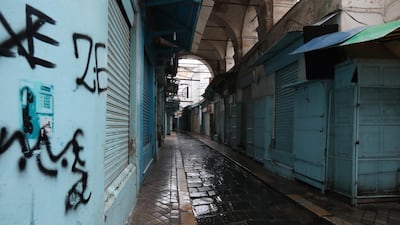Amid a worldwide panic over the spread of Covid-19, one young doctor in Jordan is setting a shining example of community spirit in his bid to help authorities deal with the outbreak.
What began a week ago as an individual mission by Dr Bara’a Abu Nemeh to help his community, has evolved into a 150-strong team of doctors countrywide who offer medical advice round the clock by phone, averaging 1,000 calls a day, and making house visits.
Dr Abu Nemeh, a 24-year-old general practitioner and aspiring surgeon, began with a Facebook post offering to provide medical assistance to anyone who was sick but not suspected of having coronavirus. By taking on cases unrelated to Covid-19, he hoped to relieve the pressure faced by hospital staff dealing with the outbreak.
"I was on my way back from the UAE and I was thinking about how I could help my community by reducing the number of people in need of medical assistance," he told The National.
The initial plan was to help people in his home city of Zarqa, 30 kilometres from the Jordanian capital Amman. But with medical friends across the kingdom, he realised there was an opportunity to make a bigger impact.
“I asked through a Facebook post whether other doctors wanted to do this with me. People started to write their names, phone numbers and the city where they’re located, and the post was shared,” he said.
“It started with five friends but it’s now around 150 doctors.”
After landing in Jordan on March 16, Dr Abu Nemeh discovered he had to spend the next two weeks in mandatory quarantine at a hotel located near the Dead Sea, about 50km from Amman. But he was undeterred.
“I launched everything from my hotel room,” he said, describing how he has been fielding calls and sending out instructions to his colleagues non-stop.
Dr Abu Nemeh arranged with the Medical Technology and Laboratory Society to provide his team access to free services at laboratories across the kingdom, and he is in talks with specialist doctors to ensure patients are seen by medical staff with the correct skills.
The idea is to prevent people from making unnecessary visits to hospitals – both to prevent the spread of Covid-19 and to reduce the pressure on health services, he said, pointing out that in Jordan it was common practice to go to a hospital even for minor ailments.
“My idea was inspired by the UK health system where patients go to a GP before going to the emergency room.”
Calls from the public are categorised in three ways: those from people who suspect they have the coronavirus, who are advised to dial the 111 helpline; people seeking general medical advice; and people in need of a home visit or an ambulance. The volunteer doctors’ phone numbers have been shared through social media, WhatsApp groups and local media outlets.
Dr Abu Nemeh said the volunteer doctors had already made nearly 300 home visits.
Although the team does not deal with coronavirus cases, they still face the risk of infection and take all necessary precautions, he said.
The doctors’ efforts have not gone unnoticed. Before the government’s mandatory confinement order went into effect on Saturday, the Ministry of Health ensured the team could continue their vital work by providing permission to travel and a vehicle for each doctor.
"Being a doctor requires you to be a human before anything else –– being selfless and caring for others,” said Lana Hubaishy, one of the volunteer doctors.
“I knew signing up for this would mean consequences and responsibilities, and this pandemic is a test of that.
"The biggest challenge is taking care not to exacerbate the situation by spreading the virus to family and the community."
Dr Abu Nemeh said the support he and his team have received has been overwhelming. “I’m proud to know we’ve helped so many people,” he said.
“I want to emphasise the importance for every single person of Jordan to take the spread of coronavirus seriously by not being careless and by being committed to staying at home.”
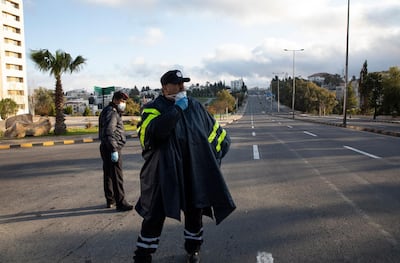
Jordan reported its first Covid-19 case on March 2, a patient who recovered, but the numbers started rising rapidly from March 15 and have reached nearly 100.
Flights in and out of the country were suspended from March 17. The same day, as the numbers of infected began to increase, Prime Minister Omar Razzaz announced the activation of the National Defence Law, allowing him to implement emergency measures to contain the spread of Covid-19.
These included the deployment of the army to seal off Amman and prevent travel between governorates, as well as restricting public gatherings. However, many people ignored the latter, as well as the government’s call to self-isolate, so a decision was made to impose mandatory confinement from Saturday.
Despite the threat of a prison sentence, nearly 400 people were arrested on the first day for violating the curfew, including one woman who chose to dance in the street.
Health Minister Saad Jaber said that while the number of cases in Jordan was not large, they were a dangerous indication that "a few of us did not adhere to public health instructions and played a slight role, and may lead to an increase in the number”, and that some people’s “recklessness” had resulted in the restriction of everyone’s freedom.
